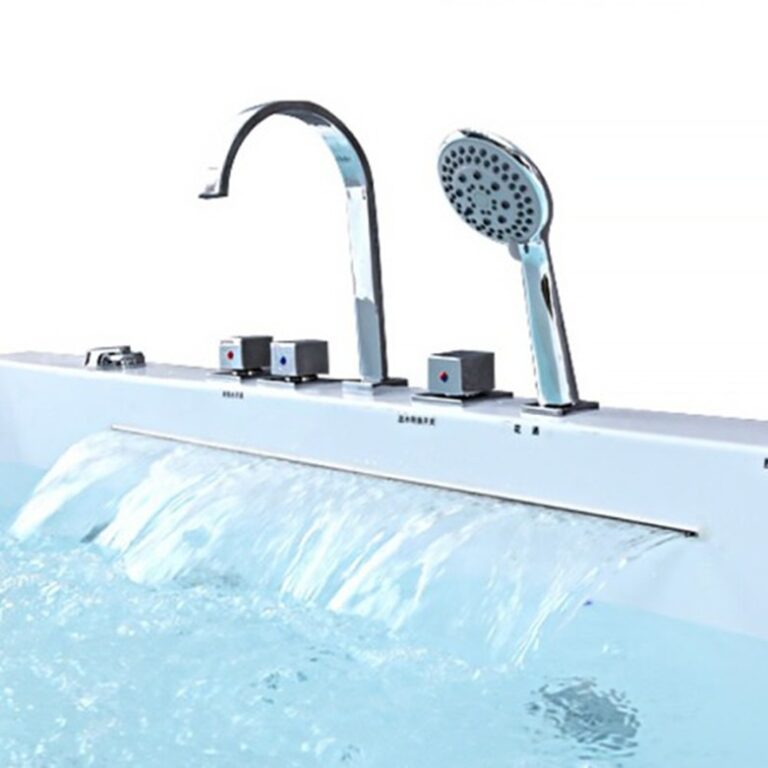Weather-Resistant Solutions: How to Protect Against High-Impact Forces
In a world where weather patterns grow increasingly unpredictable, protecting our homes and buildings has never been more critical. From hurricanes to torrential downpours, high-impact forces can wreak havoc on structures, leaving devastation in their wake. This guide aims to provide homeowners and business owners alike with actionable insights into weather-resistant solutions that offer peace of mind even in the fiercest conditions. Through this blog, you’ll learn reliable strategies to fortify your surroundings against nature’s most powerful forces.
Understanding the Threats
High-Impact Weather Forces Defined
High-impact weather refers to extreme conditions such as hurricanes, tornadoes, and severe thunderstorms. These events bring intense wind speeds, heavy rains, and debris that can cause significant damage to unprotected structures. Understanding the nature and frequency of these threats in your region is the first step toward effective preparation and protection.
Assessing Vulnerability
Start by assessing your property’s vulnerability to high-impact weather. Consider factors such as location, building age, and structural materials. Older buildings or those located in hurricane-prone areas may require more extensive protective measures. Conducting a thorough vulnerability assessment helps identify weak points and prioritize necessary upgrades.
The Cost of Inaction
Ignoring the risks associated with high-impact weather can lead to costly repairs and potential loss of property. In worst-case scenarios, these events can pose a threat to personal safety. By taking preventive action now, you can avoid these consequences and ensure that your home or business remains secure.
Reinforce Your Windows and Doors
Shutter Solutions for Added Protection
One of the most effective ways to protect windows and doors from high-impact forces is to install storm shutters. These can be permanent or temporary and are available in various materials such as aluminum and polycarbonate. Shutters provide an additional layer of protection, minimizing the risk of glass breakage during storms.
Impact-Resistant Glass Options
Consider upgrading to impact-resistant glass for your windows and doors. This glass is specially designed to withstand high winds and flying debris, significantly reducing the likelihood of shattered windows. Consult a commercial glass company in Michigan for high-quality impact-resistant glass products tailored to your needs.
Secure Your Entry Points
Ensure that all entry points, including doors and windows, are reinforced and securely fastened. Install high-quality deadbolts and locks to prevent forced entry during severe weather. Regularly inspect and maintain these fixtures to ensure they remain in good condition and ready to withstand high-impact forces.
Enhance Roof Resilience
Selecting Durable Roofing Materials
Your roof serves as the primary defense against high-impact weather. Opt for durable roofing materials such as metal, slate, or impact-resistant shingles. These materials offer superior protection against wind, hail, and debris, ensuring your roof remains intact during extreme weather events.
Roof Inspections and Maintenance
Regular roof inspections are crucial for identifying potential vulnerabilities. Look for signs of damage such as loose or missing shingles, leaks, and structural weaknesses. Address these issues promptly to prevent further deterioration and enhance your roof’s resilience.
Installing Roof Anchoring Systems
For added protection, consider installing roof anchoring systems. These systems provide additional support and stability, particularly in areas prone to high winds. Roof anchors help distribute wind forces evenly across the structure, reducing the risk of roof failure.
Fortify Your Building’s Foundation
Optimal Drainage Solutions
Proper drainage is essential for preventing water damage during heavy rains. Ensure that gutters, downspouts, and drainage systems are functioning effectively. Clear debris regularly to maintain optimal flow and reduce the risk of water accumulation around your foundation.
Sealing and Waterproofing
Waterproofing your building’s foundation can prevent moisture infiltration and subsequent damage. Apply sealants and waterproof coatings to vulnerable areas such as basement walls and floors. These measures create a protective barrier that repels water and safeguards your foundation.
Foundation Reinforcement Techniques
In regions with a high risk of earthquakes or soil erosion, consider reinforcing your foundation. Techniques such as underpinning and soil stabilization enhance your building’s structural integrity, minimizing the risk of foundation failure during high-impact events.
Adopting Technological Innovations
Smart Home Systems for Monitoring
Leverage smart home technology to monitor weather conditions and receive real-time alerts. Smart sensors and weather stations provide valuable data on approaching storms, enabling you to take proactive measures. These systems offer peace of mind by keeping you informed and prepared.
Automated Protection Solutions
Explore automated solutions such as motorized shutters and retractable awnings. These systems can be activated remotely or programmed to deploy automatically during severe weather. Automation enhances convenience and ensures your property is protected even when you’re away.
Backup Power Solutions
Power outages are common during high-impact weather events. Invest in backup power solutions such as generators and solar battery systems. These options provide a reliable source of electricity, ensuring essential systems and appliances remain operational.
Conclusion
In conclusion, taking proactive steps to protect your property against high-impact weather is essential for safeguarding your assets and ensuring personal safety. By understanding the threats, reinforcing entry points, enhancing roof resilience, fortifying foundations, and adopting technological innovations, you can create a robust defense against nature’s most potent forces. Remember, the key to effective protection lies in preparedness and ongoing maintenance. Don’t wait for the next storm to hit—act now to secure your home or business for the future. For more expert advice and solutions tailored to your needs, consult local professionals and explore the latest advancements in weather-resistant technology.







